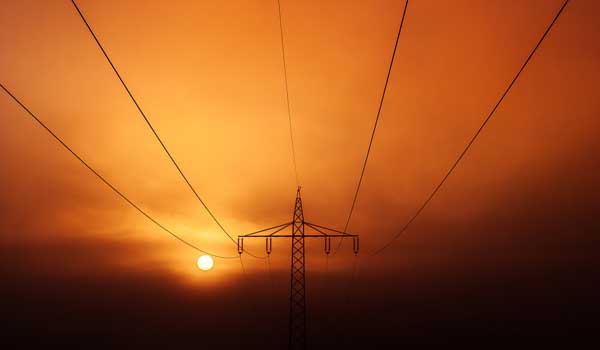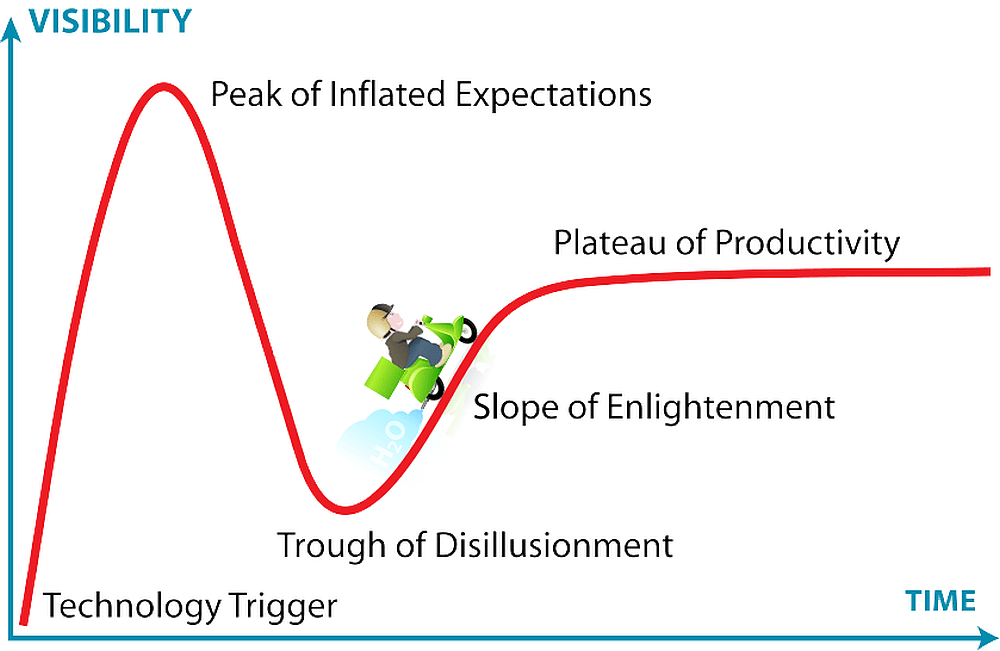
[Image above] The United States finished a dismal 13th place out of 16 of the world’s largest economies in terms of energy efficiency. Credit: Light Painting; Flickr; CC BY-NC 2.0
Germany is the most energy-efficient of the world’s major economies, according to the 2014 International Energy Efficiency Scorecard from the American Council for an Energy-Efficient Economy (ACEEE).
The United States finished 13th of 16 countries—far behind Italy, the European Union, China, and France, who were ranked second, third, fourth, and fifth, respectively.
“The inefficiency in the U.S. economy means a tremendous waste of energy resources and money. Across most metrics analyzed in this International Scorecard, in the past decade the U.S. has made limited progress toward greater efficiency at the national level. The overall U.S. score of 42 is less than half of the possible points and is 23 points away from the top spot. Further, the U.S. falls behind Canada, Australia, India, and South Korea. These scores suggest that this list of countries may have an economic advantage over the U.S. because using less energy to produce and transport the same economic output costs them less. Their efforts to improve efficiency likely make their economies more nimble and resilient.”
An ACEEE release states that new carbon pollution standards for power plants proposed by the EPA earlier this year would be a “major stride” in increasing the U.S.’s energy-efficiency ranking.
So where do the world’s 16 largest economies stand?
- Germany finished 1st.
- Italy scored 2nd.
- European Union came in 3rd.
- China/France tied for 4th.
- Japan/United Kingdom tied for 6th.
- Spain, new to the rankings, secured the 8th spot.
- Canada came in 9th.
- Australia finished 10th.
- India earned its first ranking as 11th.
- South Korea, also new to the rankings, came in 12th.
- U.S. had a disappointing 13th place finish.
- Russia finished 14th.
- Brazil landed in the next-to-last spot at 15th.
- Mexico rounds out the list as 16th.
In addition to these rankings, the report also ranks energy use and efficiency efforts at a national level (a three-way tie for the European Union, France, and Italy) and in the top three energy-consuming sectors—buildings (China), industry (Germany), and transportation (Italy).
“There’s really no excuse for the U.S. lagging behind other nations on energy efficiency,” says U.S. Congressman Peter Welch (Vermont) in the release. “States like Vermont have demonstrated that energy efficiency saves money, reduces environmental impact, and creates jobs. And, in an environment of gridlock, there is bipartisan common ground on this issue in Congress. I hope the 2014 International Scorecard is a wakeup call that it’s time for America to step up and lead on energy efficiency.”
ACEEE outlines several recommendations to increase the energy efficiency of the U.S. in the report, including passing a national energy savings target, strengthening national model building energy codes, supporting education and training in the industrial sectors, and prioritizing energy efficiency in transportation spending.
“Countries that use energy more efficiently use fewer resources to achieve the same goals, thus reducing costs, preserving valuable natural resources, and gaining a competitive edge over other countries,” says the report’s lead author and ACEE research analyst Rachel Young. “In the U.S., we need to do more on energy efficiency to remain competitive in an increasingly tough global marketplace.”
To read the report in full, click here.
Do you think the U.S. can improve its energy efficiency in other ways? What are they?
Author
Jessica McMathis
CTT Categories
- Energy
- Market Insights
Related Posts
Hype cycles: The uphill climb for hydrogen bikes
June 26, 2025


